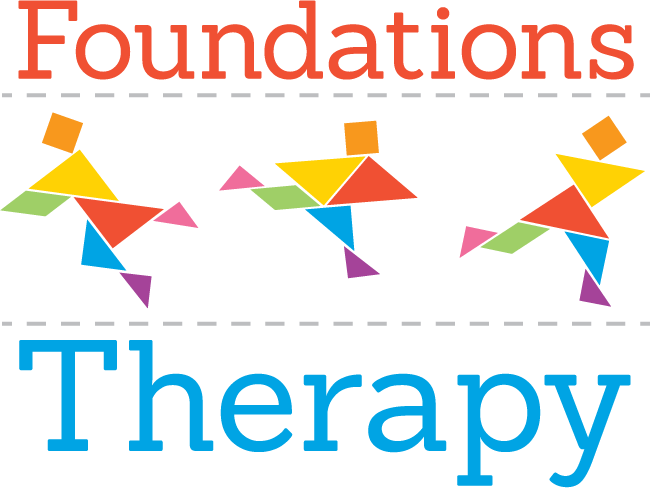Sensory Processing Disorder

The Goals
- Boost performance in daily activities
- Promote function at home and school
- Foster community engagement
What is Sensory Processing Disorder?
Sensory Processing Disorder, also known as Sensory Integration Dysfunction, is a neurological condition that affects the way the brain processes and responds to sensory information from the environment. It is characterized by difficulties in organizing and responding to sensory input, leading to atypical or extreme responses.
A Sensory Processing Disorder acts like a road block in the brain. The brain receives the sensory information but the neurological “traffic jam”, or misinterpretation of the sensory information, can affect the ability to carry out a functional task.
When Does Occupational Therapy Get Involved in Sensory Processing Concerns?
We work with a child and family when a child’s sensory-related issues affect home, school, or social dynamics. Our goal of therapy is to allow the child to achieve success by participating in daily activities, such as playing with friends, participating in school activities, and completing daily routines, all in the comfort of our Clearwater, FL clinic.
We Provide Therapy to Help With:
- Improve self-control across different settings
- Boost posture
- Streamline task planning and execution
- Enhance balance and coordination
- Increase body and spatial awareness
- Encourage social interaction
- Develop motor skills
- Expand focus and attention span
- Manage hyper-sensitivity to sensory experiences
- Improve awareness of multiple sensory inputs
- Facilitate effective social interaction
Therapy Tool Details
Alert Program
An innovative program that teaches children how to choose appropriate strategies to change or maintain states of alertness. Used before important tests, social gatherings or other stress or “mentally engaging” tasks, this fun and innovative program can help children “tune in” and give their best in any endeavor and environment.
Just Right Challenge
Tactile input includes discriminating different types of textures, differentiating pressure touch versus light touch, and identifying pain and temperature. We use a variety of modalities, such as fidgets, vibration, dry and messy play activities and much more to target the tactile system.
Therapeutic Listening®
A Sensory Integration program that focuses on stimulating and strengthening the vestibular core through music frequencies. Therapeutic Listening is an auditory intervention that uses the organized sound patterns inherent in music to impact all levels of the nervous system.
Vestibular Tools
The vestibular system is located in the inner ear and is responsible for movement and balance. Tools, such as swings, monkey bars and foam pit, are used to improve balance and coordination.
What People Say
Embarking on a Journey Towards Growth
Sensory Processing Disorder Therapy can be a significant step towards growth and development for your child. It’s a journey filled with challenges, triumphs, learning, and most importantly, progress. Join us at Foundations Therapy, and let’s work together to help your child reach their peak potential.

